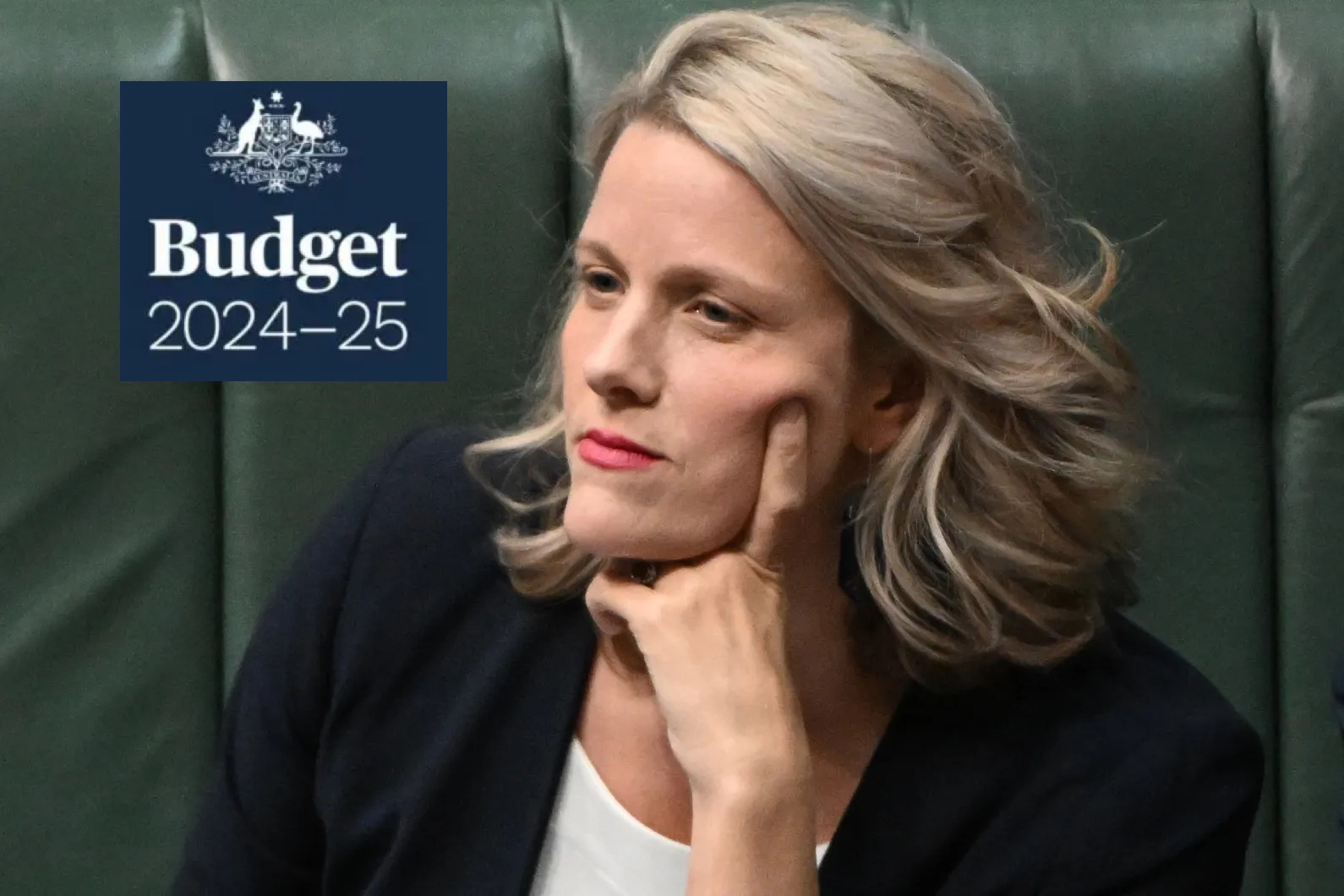The Budget has unveiled new measures to regulate the growth of international student migration including awaited increases to student visa fees and financial capacity requirements as well as a new formula which will cap international student enrolment at each university.
671,000 international students arrived in Australia from January 2023 – March 2024, an increase of 15% from the year prior. The Government clearly thinks more measures are required to achieve its ambitious targets to restrict international student numbers.
The Budget flags the establishment of an International Education and Skills Strategic Framework which will oversee the government’s plans to manage the growth of students and negotiate agreements with universities.
Legislation empowering the government to cap international student enrolments will be introduced in Parliament later this week. The maximum intake will start to apply January 1 next year and Honi understands that besides being based on the size of each university, the legislation will also allow the Minister to cap enrolment in certain study areas or courses at their discretion.
The majority of international student fees come from business and management courses. The government may use the cap to encourage education providers to attract more overseas students into courses such as teaching and nursing where there are local acute skill shortages.
However, only 16% of current international students reside in Australia after their degree, meaning it is unlikely those incentives translate into more teachers and nurses working in Australia. The Government concedes this in the Budget by reducing their own target for international students engaging in employment in Australia from 85% to 70%.
The Budget has also raised $1.2 billion by doubling the cost of a student visa from $700 to $1,400 and as expected has also raised the financial capacity requirement for all foreign students by 20% to $29,710. These measures are deliberately designed to make Australia a more difficult place to study, and in the Government’s mind will restrict new students to those who can afford Australia’s high cost-of-living.
If universities want to take in more international students above the initial caps proposed by the government, they will have to build more student accommodation and demonstrate they have the capacity to support those extra students.
Currently, student accommodation in Australia has capacity for 76,500 students across 200 buildings. Only 8,000 new beds are expected to be delivered by 2026. Further, the vast majority are owned by for-profit companies whose high market rates lock many international students out.
The Government argues the new cap will ensure international students are not placing increasing pressure on housing supply. Universities have tried to pre-empt this announcement releasing a report arguing that foreign students only represent 4% of the private rental market. While the government is putting an additional $6 billion into housing supply, the sector is likely correct these caps will do little to decrease prices, especially because the housing crisis began when there was a record low in migration.
A harsh reduction in international students is also a major threat to the financial suitability of the whole sector. Their fees now represent a fifth of all university funding, the majority of which is directed to research. University of Sydney Vice-Chancellor Mark Scott has warned the Government’s proposal could create a “black hole” in education funding.
The Accord report recommended the government fund “at least the full economic cost for the university research they commission and consulting they purchase,” while also increasing the stipend for Higher Degree Research students and rely more on universities for government research. None of those measures are in the budget and there is no measure that increases direct Federal funding for universities, making it difficult to see how the sector can survive a reduction in international student fees.
The Government, even after a consultation meeting on Monday with universities and education agents, is not shifting its tone on migration. The Coalition is making large migration an electoral issue, accusing Labor of running a ‘Big Australia’ policy. We should expect further measures cracking down on international students to counter that narrative.
Disclaimer: Angus McGregor is currently a member of the Australian Labor Party





